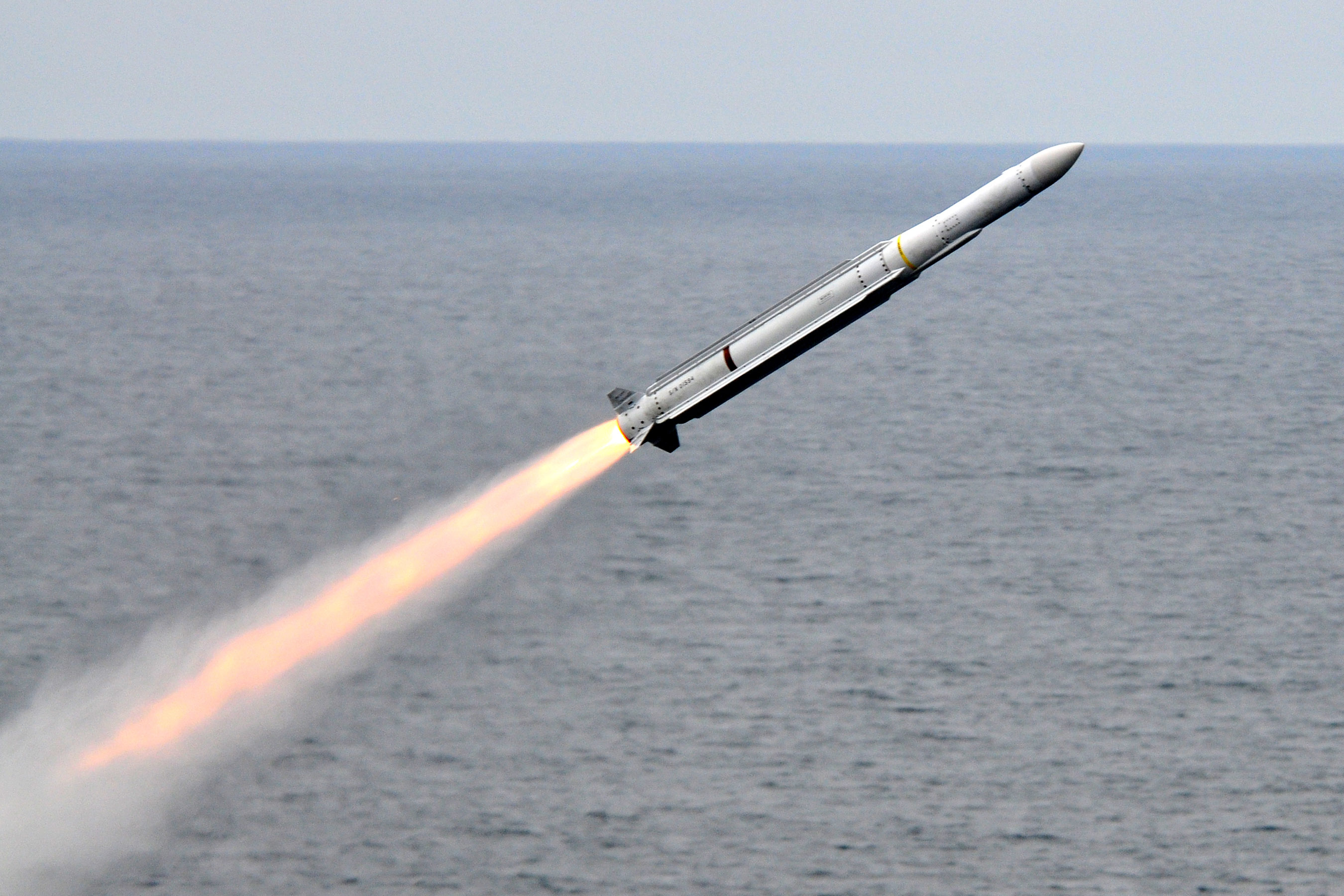Mad science says transhumanist wireless brain implants can destroy cancer tumors with nanoparticles
10/31/2022 / By Ethan Huff

Researchers at Stanford Medicine have developed a new nanoparticle-based brain implant technology that supposedly fights cancer tumors – or at least that is their official cover story.
Using a combination of transhumanist technology and infrared light therapy, mad scientists over at Stanford claim to now have the ability to shrink a deadly mass inside someone’s body over a 15-day consecutive period of time using 15-minute daily heat and light treatments.
The way it works is a tiny device gets implanted between a person’s skin and skull, presumably on the forehead (can you say Mark of the Beast?). Then, the “doctor” dials the temperature of the implant to 40 degrees Fahrenheit, supposedly killing cancer cells without damaging any surrounding brain tissue.
Photothermal treatments such as this are already used to treat tumors. However, they have never before involved a microchip brain implant such as this. (Related: Elon Musk, the new love affair of conservatives, wants humans to be brain-implanted with an artificial intelligence (AI) technology called Neuralink.)
Would you take this Mark of the Beast brain implant in exchange for a shrunken brain tumor?
Experiments using the new technology have already been conducted on test mice. A group of them was divided into two, and the one half received the brain device while the other did not. Both groups were then treated with photothermal treatments for 15 minutes a day over the course of 15 days.
Those mice with the brain implants, we are told, saw tumor shrinkage with no damage to surrounding tissue. As the nanoparticles were activated, the mice were unfazed, the scientists said.
Based on this, the team that conducted the experiment declared that their brain implant system has the capacity to lengthen lifespan by double or triple, at least in mice. Their next goal is to see if they can replicate these findings in human beings.
Their primary focus centers around tumors that form in the glioblastoma portion of the brain where aggressive cancers that typically require open-skull surgery to treat occur. Even with chemotherapy, such cancers are typically incurable – because chemotherapy causes cancer, after all.
“The team fitted the brain implant with star-shaped gold nanoparticles and a small antenna to convert electrical signals to infrared light, which activate the nanoparticles to generate heat – and this can all be performed remotely,” reported the DailyMail Online about how the new brain implant technology works.
“The researchers envision that their device, when adapted to human patients, could be used for in-home treatment in addition to surgery, chemotherapy or radiation, without adding to the burden of hospital visits or interrupting their normal lives.”
According to study co-author Hamed Arami, PhD, these brain implants are safer than chemotherapy and produce fewer side effects. The only caveat is that a microchip computer, of sorts, must be implanted into a person’s head.
“The nanoparticles help us target the treatment to only the tumor, so the effects will be relatively less compared with chemotherapy and radiation,” Arami is quoted as saying. “The structure and dosage of the nanoparticles are calibrated to generate just the right amount of heat.”
“Glioblastoma patients don’t often live more than two to three years after diagnosis because you can’t get rid of every part of the tumor, and the tumor can become drug-resistant or radiation-resistant. The goal is to combine this with other treatments to extend survival.”
All of this jives with globalist efforts to turn humanity into transhumanist cyborgs, it turns out. This is Musk’s goal as well, a fact that conservatives need to remember instead of falling for his Twitter “free speech” circus act.
To learn more about how the technocrats want all humans to be forced into hybridized human-robot slavery, visit Transhumanism.news.
Sources for this article include:
Submit a correction >>
Tagged Under:
Brain, cancer, Elon Musk, future tech, implants, Neuralink, trans, transhumanism, tumors, wireless
This article may contain statements that reflect the opinion of the author
RECENT NEWS & ARTICLES
COPYRIGHT © 2017 FUTURETECH.NEWS
All content posted on this site is protected under Free Speech. FutureTech.news is not responsible for content written by contributing authors. The information on this site is provided for educational and entertainment purposes only. It is not intended as a substitute for professional advice of any kind. FutureTech.news assumes no responsibility for the use or misuse of this material. All trademarks, registered trademarks and service marks mentioned on this site are the property of their respective owners.




















